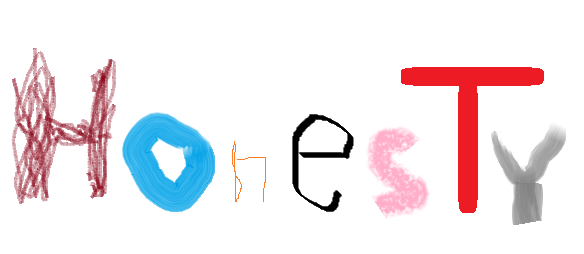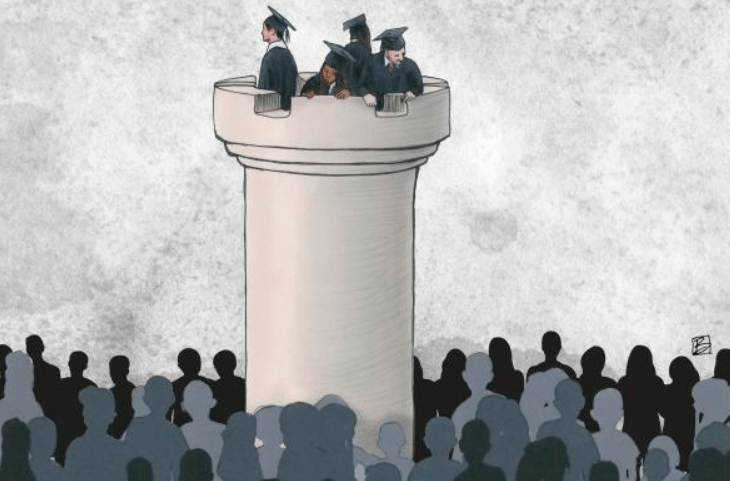WISDOM FROM THE INC. 500 CEOs
I have thoroughly enjoyed perusing the newly released Inc. 500 list. This is Inc. magazine’s annual listing of America’s 500 fastest-growing private companies (“Inc. 500” September 2016, pp. 20–34. [For the larger complete list of the top 5,000, visit Inc.’s Web site ]). In addition to the fascinating list itself, the CEOs of these companies were surveyed about all aspects of how they choose to do business (“How Dreamers Become Doers” pp. 44–48). A tremendous number of success factors came to the surface. Among that collective wisdom, three specific findings especially stood out to me (pp. 44–45). Here are those three findings and why they so impressed me:
- 65% of these CEOs affirm that visiting clients is the most commonly used mechanism to collect feedback on the company’s products and services. This tells me that the good old-fashioned personal visit never goes out of style. Focus groups, social media, phone calls, and emails are certainly fine. Nevertheless, they simply can’t compare to the power of a personal visit. The next time you need valuable feedback on your company’s products or services, why not go visit one of your customers?
- 45% of these CEOs affirm that the biggest challenge facing leaders is attracting and retaining talent. This tells me that the talent wars are not anywhere close to cooling down. As our economy has gone global, our society has savored social media, and our tools have turned hi-tech, our talent has turned the tables. Getting that talent in the door is a battle in itself, and then keeping that talent engaged will make or break the organization. What does your company need to do differently to attract and retain top talent?
- 49% of these CEOs that began their businesses with a business partner chose a close friend to be that business partner. Leadership is based on relationship and relationship translates to influence. While managing our personal and professional boundaries demands our highest level of attention and ethics, it does not automatically create a great chasm which we cannot cross. Sometimes the best business relationships begin with a friendship. Sometimes the best friendships begin with a business relationship. We are complex creatures and we cannot pigeonhole or blindly categorize the conditions that might create a new business opportunity. True friendship means that each person is honest and strives for the best within each other. Can you think of a better foundation on which to build a business?
There you have it—three key bits of wisdom that can build you, your people, and your organization. Put them into practice today!











